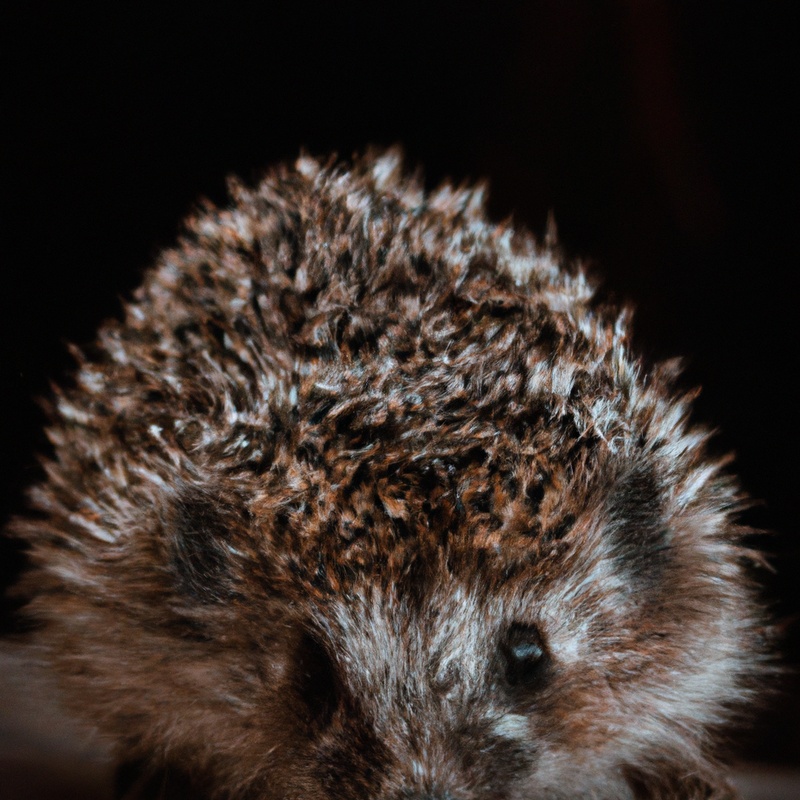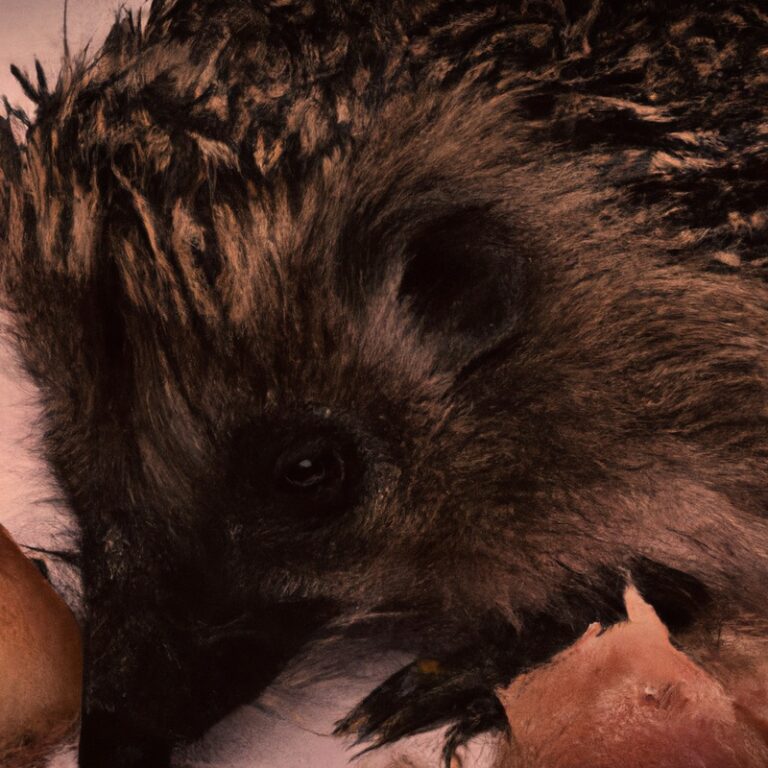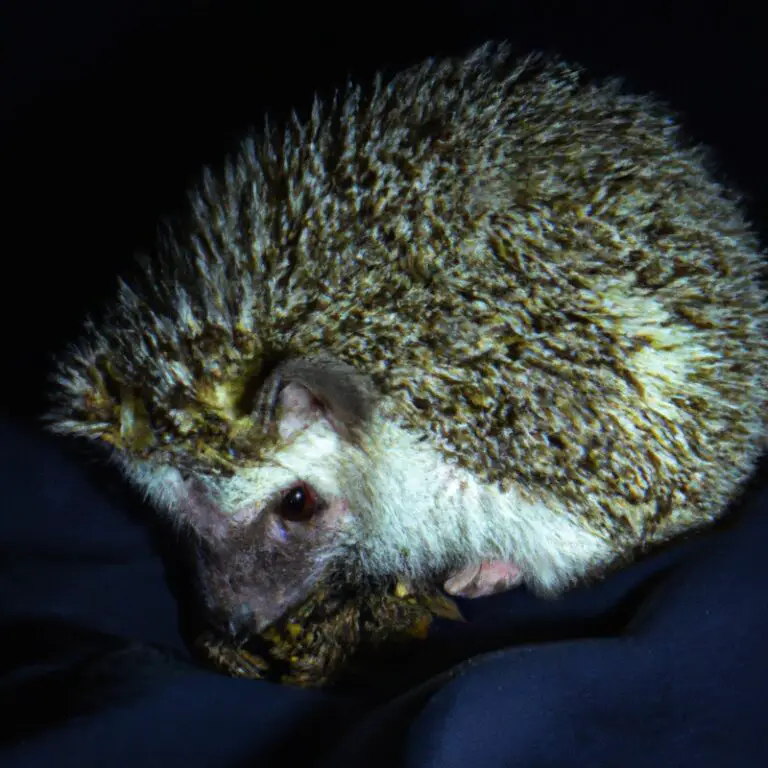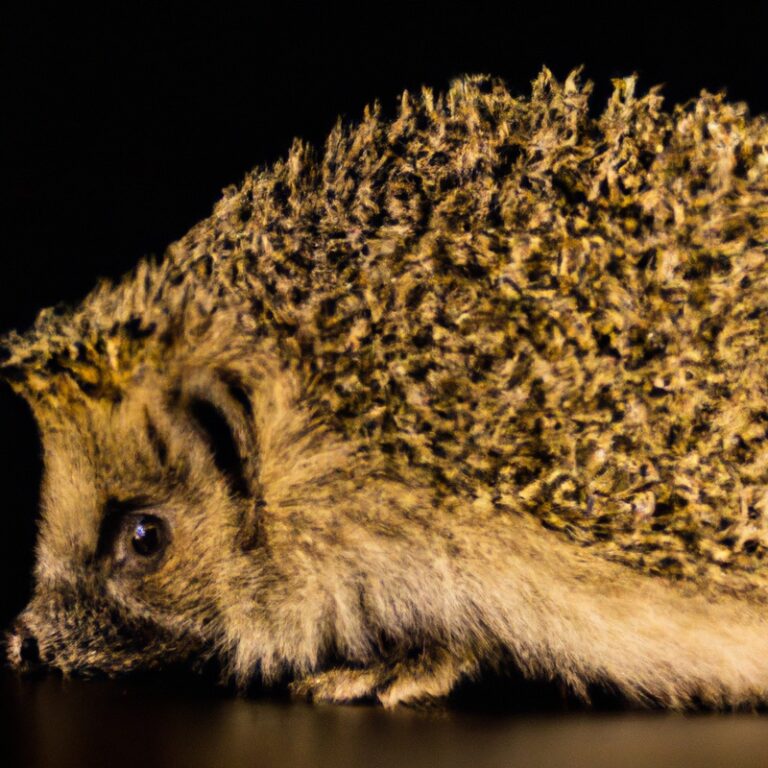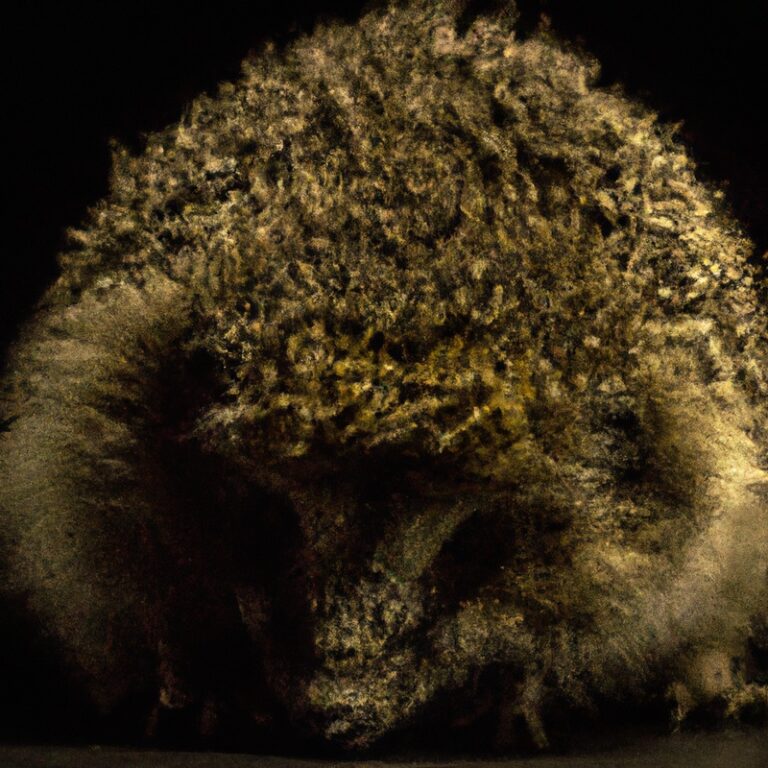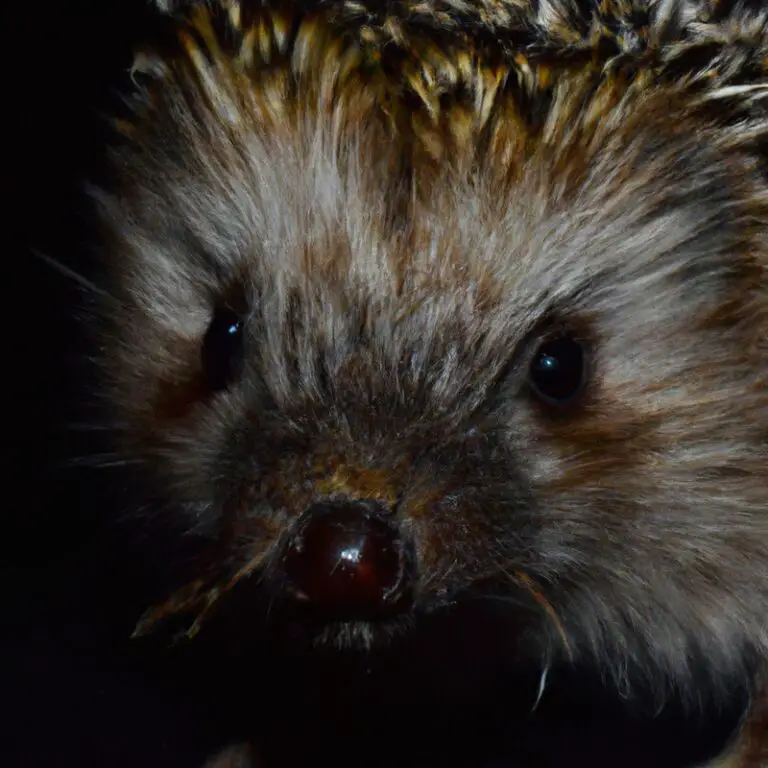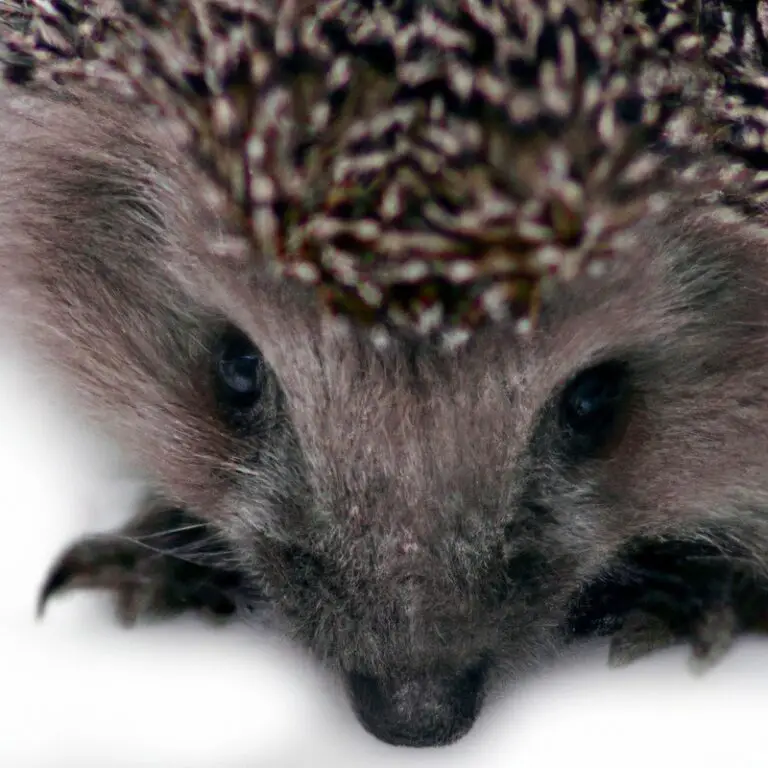What Is The Hedgehog’s Role In Controlling Garden Pests?
Key Takeaways:
- Hedgehogs play a crucial role in controlling garden pests by feeding on insects, slugs, and snails.
- The natural diet of hedgehogs consists of many common garden pests, making them effective pest controllers.
- Attracting hedgehogs to your garden can help reduce the need for pesticides and promote a balanced ecosystem.
- Providing hedgehogs with suitable habitats, such as shelter and food sources, can encourage them to help control garden pests.
Do you ever find your garden infested with pests, wreaking havoc on your precious plants? Well, fear not, because nature has a secret weapon for you: the humble hedgehog.
These adorable creatures aren’t just known for their spiky exterior and cute waddling, but they also excel at pest control.
Believe it or not, hedgehogs play a crucial role in keeping your garden free from unwanted critters. From insect and invertebrate predators to slug and snail controllers, these little heroes are nature’s very own pest exterminators.
In this article, we’ll explore why hedgehogs are beneficial for gardens and how you can encourage them to take up residence in your own backyard.
Get ready to discover the superpowers of these prickly creatures!
| Hedgehog’s Role in Controlling Garden Pests |
|---|
| Role |
| 1. Natural Pest Control |
| 2. Insect and Slug Predation |
| 3. Protecting Plant Roots |
| 4. Maintaining Biodiversity |
| 5. Fertilization and Soil Aeration |
| 6. Reducing Chemical Usage |
The Importance of Garden Pest Control
Effective garden pest control is vital for maintaining the health and productivity of your garden.
Common Garden Pests and Their Impact
Common garden pests can have a significant impact on your plants and garden.
Here are some examples of pests and the damage they can cause:
- Aphids: These tiny insects suck the sap from plants, causing stunted growth and distorted leaves.
- Slugs and snails: They feed on young plants, leaving large holes in the leaves and killing seedlings.
- Caterpillars: They munch on leaves, resulting in skeletonized foliage and weakened plants.
- Deer: These animals can devastate a garden, eating entire plants and destroying flowerbeds.
- Rabbits: They often nibble on young plants and flowers, leading to their destruction.
- Gophers and moles: These underground pests can tunnel through your garden, damaging plant roots and causing them to die.
It’s important to identify and address these pests quickly to prevent further damage.
There are various methods to control garden pests, including organic solutions, like using companion plants or natural predators.
Regular inspection and appropriate measures can save your garden from significant harm.
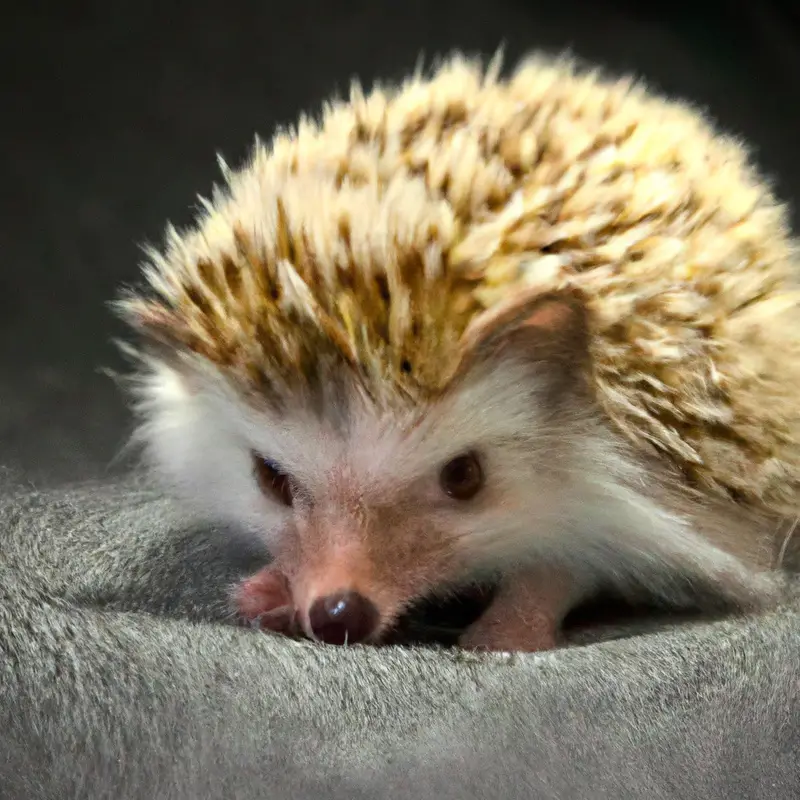
Hedgehogs: Natural Pest Controllers
Hedgehogs naturally control pests in gardens. They are effective and ecological pest controllers.
Hedging Their Bets: Why Hedgehogs are Beneficial for Gardens
Hedgehogs are beneficial for gardens because they act as natural pest controllers. They eat a variety of garden pests like slugs, snails, and insects, helping to keep their populations in check.
This can reduce damage to plants and crops and minimize the need for chemical pesticides.
Additionally, hedgehogs also help aerate the soil as they forage for food, which improves its quality. So, having hedgehogs in your garden can be a win-win situation for both you and these adorable creatures!
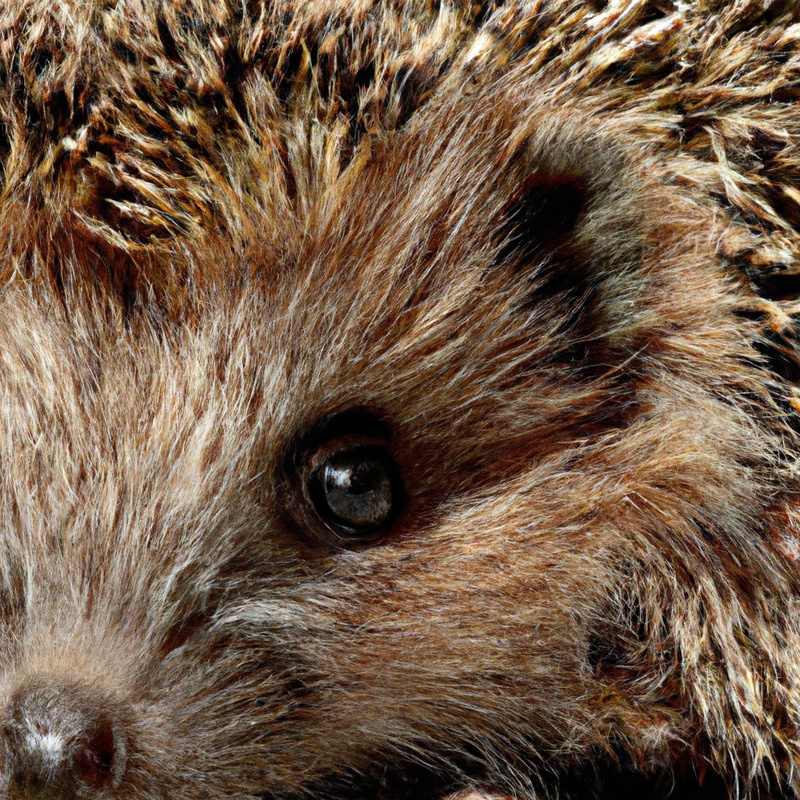
Hedgehogs as Insect and Invertebrate Predators
Hedgehogs are excellent natural pest controllers in gardens. They play a vital role in controlling insect and invertebrate populations.
Hedgehogs have a voracious appetite for slugs, snails, beetles, worms, and other garden pests.
Their diet consists mainly of these creatures, making them an effective and environmentally friendly way to manage pests without the need for harmful chemicals. By welcoming hedgehogs into your garden, you can help maintain a balanced ecosystem and reduce the damage caused by pests.
Plus, they are adorable!
Hedgehogs as Slug and Snail Controllers
Hedgehogs play an important role in controlling slug and snail populations in gardens.
Their diet primarily consists of these pests, making them natural controllers.
Hedgehogs are attracted to gardens because of the abundance of slugs and snails, and they help keep their numbers in check.
By creating a hedgehog-friendly environment and avoiding harmful pesticides, you can encourage these prickly garden helpers to thrive and keep your plants safe from these pesky pests.
Just be sure to provide shelter and water sources for them too!
How Hedgehogs Hunt and Capture Garden Pests
Hedgehogs are expert hunters when it comes to controlling garden pests. They use their keen sense of smell to locate their prey, such as insects, slugs, and snails.
With their sharp claws and snouts, hedgehogs can dig into soil and under plants to find and capture pests.
They also rely on their natural ability to roll into a protective ball, using their spines as a defense mechanism against larger pests. Hedgehogs are a natural and effective way to keep your garden free from unwanted critters.
Encouraging Hedgehogs in Your Garden
To attract hedgehogs to your garden, create a hedgehog-friendly habitat and provide food, water, and shelter for them.
Creating a Hedgehog-Friendly Habitat
Creating a hedgehog-friendly habitat is all about providing the right environment for these adorable creatures to thrive.
Here are a few tips on how to do it:
- Leave a designated area of your garden untouched where hedgehogs can find shelter. This could be a corner with dense vegetation or a pile of logs.
- Avoid using pesticides and chemicals in your garden as they can harm hedgehogs and their food sources.
- Create access points like small holes or gaps in fences and walls to allow hedgehogs to move freely between gardens.
- Provide a water source, like a shallow dish, for hedgehogs to drink from and bathe in.
- Avoid using netting or keep it elevated, as hedgehogs can get tangled in it.
With these simple steps, you can create a safe and welcoming habitat for hedgehogs in your garden.
Providing Food and Water for Hedgehogs
One important way to encourage hedgehogs in your garden is by providing them with food and water. Hedgehogs are omnivores, so they eat a variety of foods such as insects, slugs, worms, and even fruits and vegetables.
You can leave out a dish of water for them to drink from, but make sure it’s shallow to prevent drowning.
Additionally, avoid using slug pellets and pesticides in your garden, as these can harm hedgehogs. Planting native plants will also attract insects, providing a natural food source for hedgehogs.
Building Hedgehog Shelters
Building hedgehog shelters is a great way to provide a safe and inviting habitat for these adorable creatures.
Here are a few tips to help you create the perfect shelter for hedgehogs in your garden:
- Choose a secluded spot: Find an area in your garden that is quiet and undisturbed, away from noise and foot traffic. This will help hedgehogs feel safe and secure.
- Create a cozy nest: Use natural materials such as leaves, twigs, and hay to create a warm and snug shelter. Make sure to leave a small entrance for the hedgehog to access the shelter easily.
- Avoid using chemicals: When building the shelter, avoid using any chemicals or treated materials that could be harmful to hedgehogs. Stick to natural, non-toxic materials for their safety.
- Provide food and water: Hedgehogs need access to food and water in their shelters. Consider leaving a small dish of fresh water and placing some hedgehog-friendly food nearby to attract them.
By building hedgehog shelters, you are not only providing a home for these enchanting creatures but also helping to maintain the balance of your garden ecosystem.
So go ahead, get creative, and give those hedgehogs a safe and cozy place to call home!
Eliminating Hazards and Creating Safe Passages
When it comes to encouraging hedgehogs in your garden, it’s important to eliminate hazards and create safe passages for these adorable creatures. Here’s what you can do:
- Remove any potential dangers, such as sharp objects, chemicals, or poisons that can harm hedgehogs.
- Check for small gaps or holes in fences and walls, as hedgehogs can get stuck. Be sure to block these openings or create safe tunnels for them to pass through.
- Avoid using slug pellets or pesticides, as they can be lethal to hedgehogs.
- Create a hedgehog-friendly garden by providing shelter, like a pile of logs or a purpose-built hedgehog house.
- Install ramps or use gentle inclines to help hedgehogs navigate in and out of ponds or any other water features.
By taking these measures, you’ll be helping hedgehogs thrive in your garden, while ensuring their safety and well-being.
FAQs about Hedgehogs and Pest Control
Are Hedgehogs Harmful to Gardens?
Hedgehogs are not harmful to gardens. In fact, they can be quite beneficial.
Hedgehogs naturally feed on various garden pests, such as slugs, snails, and insects.
By doing so, they help control these pests and prevent damage to plants. Additionally, hedgehogs also help aerate the soil as they move around, which can improve its overall health.
So, if you have hedgehogs in your garden, consider yourself lucky!
How Many Garden Pests Can a Hedgehog Control?
A hedgehog can control a significant number of garden pests. They have a voracious appetite for insects and other small creatures that can damage your plants.
Hedgehogs eat slugs, snails, worms, beetles, and even some smaller rodents.
They can consume hundreds of insects in a single night, making them valuable allies in pest control. So, if you have a hedgehog in your garden, let them do their thing and enjoy a pest-free yard!
Do Hedgehogs Eat Beneficial Insects?
Hedgehogs are insectivores, which means they primarily eat insects. While they do consume a variety of insects, it’s important to note that hedgehogs mainly feed on pests rather than beneficial insects.
Their diet consists of harmful pests such as slugs, snails, beetles, and caterpillars.
So, if you’re worried about hedgehogs eating beneficial insects in your garden, you can rest assured that they mainly target the pests that can damage your plants.
What Plants Attract Hedgehogs to Gardens?
Hedgehogs are attracted to gardens that provide them with suitable food sources and shelter.
To attract hedgehogs to your garden, you can plant a variety of plants, including:
- Wildflowers: Hedgehogs are known to enjoy the insects found in wildflower meadows, so planting native wildflowers can be a great way to attract them.
- Berry-bearing shrubs: Plants like blackberries, strawberries, and raspberries can provide hedgehogs with a source of food during the summer and autumn months.
- Hedgerows: Creating or maintaining hedgerows in your garden can offer hedgehogs a safe place to nest and hunt for food.
- Insect-attracting flowers: Planting flowers that attract insects, such as marigolds, lavender, and sunflowers, can help provide a food source for hedgehogs.
Remember to provide hedgehogs with easy access to your garden by creating small openings in garden fences.
Avoid using pesticides and chemicals in your garden, as they can be harmful to hedgehogs and their food sources.
Can Hedgehogs Be Kept as Pets for Pest Control?
Hedgehogs can be kept as pets, but they are not the best choice for pest control. While hedgehogs may eat some pests like insects, their diet mainly consists of fruits, vegetables, and specially formulated hedgehog food.
They are not effective at controlling larger garden pests like rats or mice.
If you’re looking for a pet solely for pest control, there are better options available, such as certain breeds of cats or certain dog breeds trained for that purpose.
Final Verdict
Hedgehogs play a crucial role in controlling garden pests.
They are natural predators of insects, invertebrates, slugs, and snails, which can cause significant damage to plants.
By encouraging hedgehogs in your garden, you can create a balance in the ecosystem, reducing the need for harmful pesticides.
Creating a hedgehog-friendly habitat, providing food and water, building shelters, and eliminating hazards are all effective ways to attract and support hedgehogs.
Remember, hedgehogs are not harmful to gardens and can control a substantial number of pests while leaving beneficial insects unharmed.
So, embrace these adorable prickly visitors to enjoy a pest-free and thriving garden.

